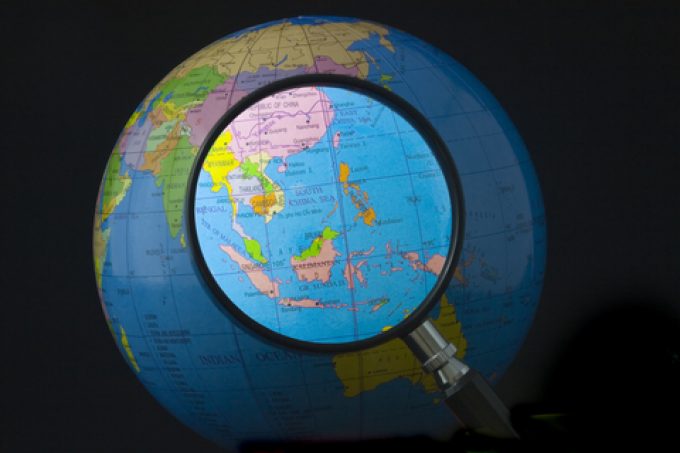US shippers slam USTR port fee plan – 'an apocalypse for trade'
The Trump administration’s plan to revive US shipbuilding by levying hefty fees on China-built or ...

The production shift from China to South-east Asia is accelerating – now “even SMEs” are searching for alternative supply chains in the face of China’s restrictive Covid policies.
According to Hong Kong-based digital wholesale marketplace Peeba, while the world is likely to see record Covid cases this winter, this is unlikely to lead to more supply chain disruption, except in China, where business disruption is “driving companies to alternative markets.”
Peeba supply chain director Benny Wong said: “While global supply chains are ...
USTR fees will lead to 'complete destabilisation' of container shipping alliances
Outlook for container shipping 'more uncertain now than at the onset of Covid'
Flexport lawsuit an 'undifferentiated mass of gibberish', claims Freightmate
Shippers warned: don't under-value US exports to avoid tariffs – 'CBP will catch you'
Cancelled voyages take the sting out of spot rate declines this week
New Houthi warning to shipping as rebel group targets specific companies

Comment on this article